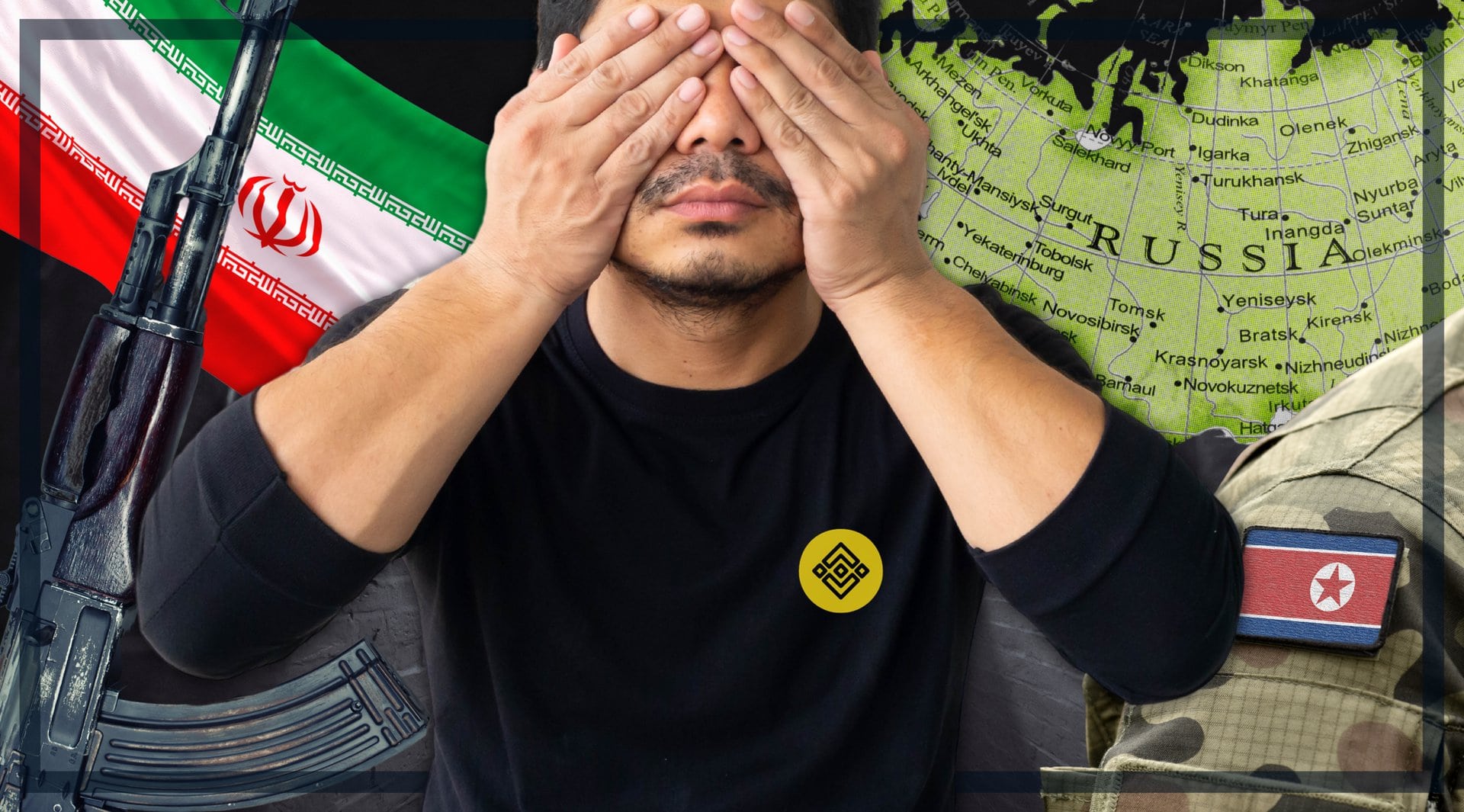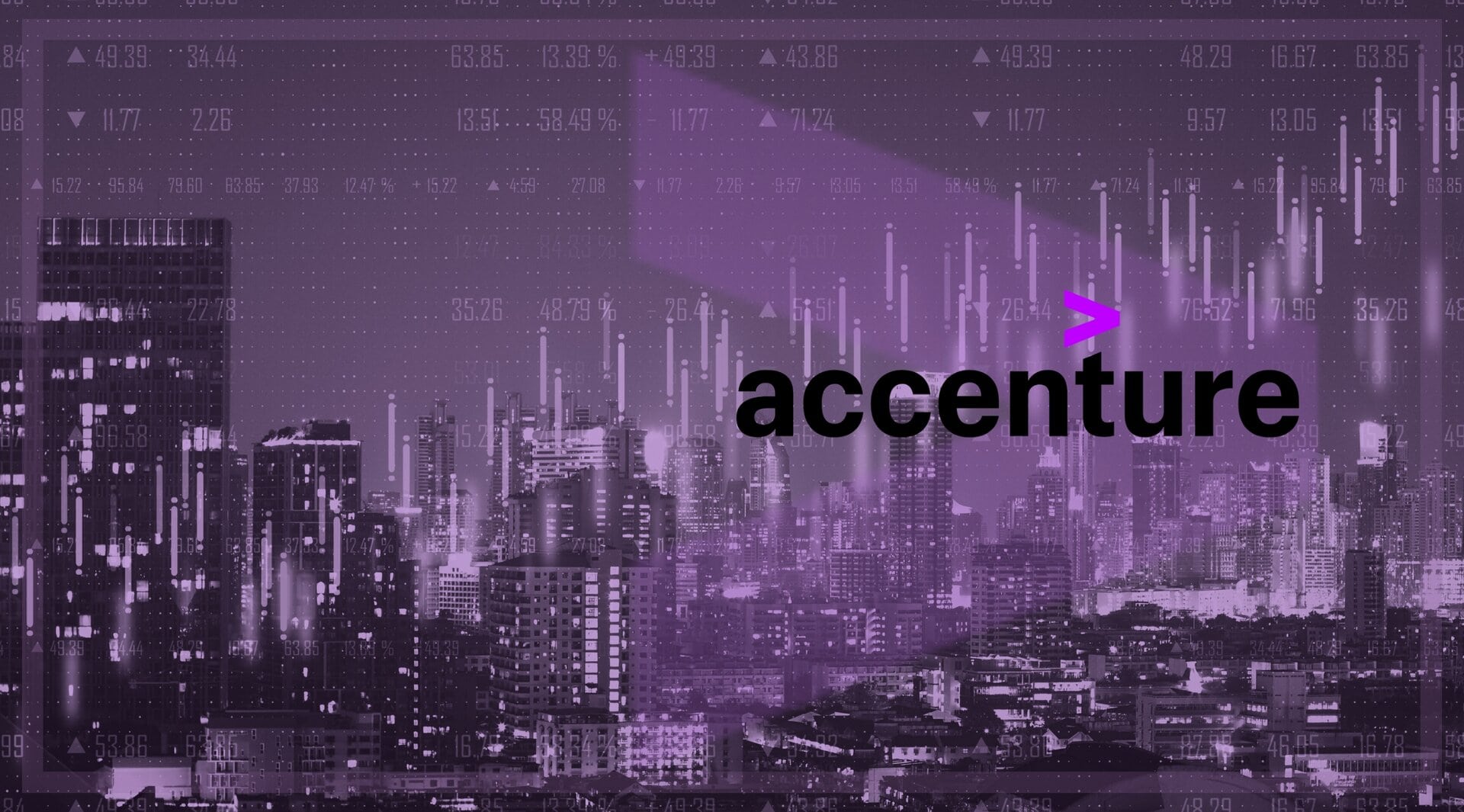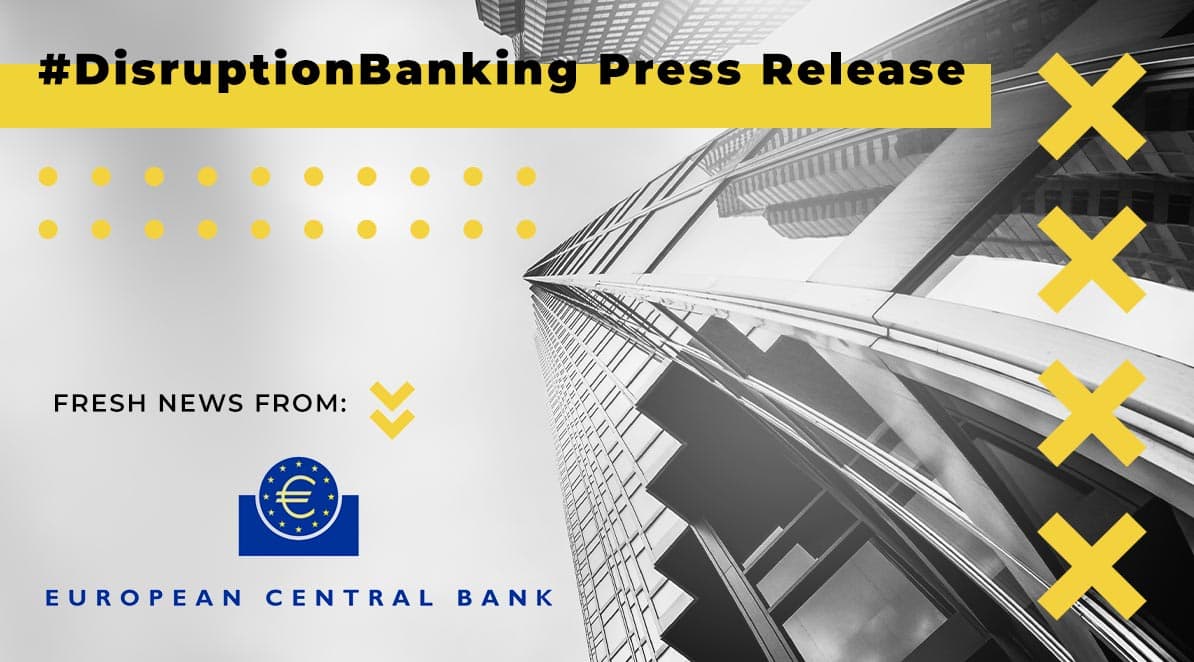Binance, the world’s largest cryptoexchange, never seems to be far away from controversy surrounding its regulatory and compliance processes. Even though the DeFi world’s attention is currently focused largely on the high-profile trial of FTX’s fallen CEO Sam Bankman-Fried in New York, who is facing decades in prison on fraud charges after his exchange misused billions in client funds, Binance has still managed to make the headlines.
Since the outbreak of the conflict in the Middle East between Israel and Hamas in Gaza, Binance has come under intense scrutiny over the role the exchange allegedly played in the terrorist group’s fundraising activities. After all, in April this year, the Commodity Futures Trading Commission (CFTC) filed a civil enforcement action against Binance in Chicago. The CFTC alleged that Binance knowingly facilitated illegal activity by turning a blind eye to “Hamas transactions.”
The CFTC claims #Binance knew that #Hamas terrorists were using the platform to launder money but that they turned a blind eye.https://t.co/B3T0hMmosn
— #DisruptionBanking (@DisruptionBank) October 12, 2023
This is all the more concerning because, as Chainalysis reported earlier this week, centralised exchanges such as Binance play a pivotal role in stopping terrorists misusing crypto for illicit ends. Advocates of crypto often point to the transparency offered by the blockchain and how the technology allows anybody to trace where funds are moving to and from.
However, while this is true in theory, when a crypto user sends funds to a centralised exchange such as Binance, the exchange pools their crypto and co-mingles it with the funds of other users. This means that once funds are deposited at a centralised exchange, it is no longer possible for the general public, and potentially even law enforcement authorities, to trace the crypto to its final destination. Only the centralised exchange will know.
The attitude taken by these exchanges is therefore crucial. Is Binance serious about stopping terrorist financing and ensuring its platform is not used by dangerous criminals? History suggests this is unlikely. The CFTC alleges in its case against the company that Binance’s former Head of Compliance, Samuel Lim, even joked about Hamas terrorists fundraising on the platform. He told a colleague that only “large sums constitute money laundering,” which provoked the response that a terrorist “can barely buy an AK47 with 600 bucks.” This hardly suggests the exchange is serious about its responsibility to enforce rigorous compliance and counter-terrorist financing (CFT) measures.
While Chainalysis argues that #crypto offers unparalleled transparency, they do accept that the role of service providers and exchanges is key. The attitude of cryptoexchanges to counter-terrorism financing (CFT) measures is therefore crucial.https://t.co/bBbIpg85YO
— #DisruptionBanking (@DisruptionBank) October 19, 2023
A 2021 investigation from Disruption Banking also raised serious question marks over Binance’s compliance procedures – question marks which, two years later, remain unresolved. Following a period of intense regulatory scrutiny, Binance started to advertise roles for senior positions in its regulatory and legal teams. One on the roles up for grabs was that of “Senior Regulatory Advisor” in Binance’s futures business in London.
Unconvinced that Binance was serious about cleaning up its act, a Disruption Banking reporter applied for the role with a fake name, fake CV, and no experience in financial regulation or the law. Four interviews later, the reporter was offered the senior role with a £160,000 per year salary and sign-on bonus of £60,000.
Was Binance serious about becoming “even more compliant” as they claimed, or just looking to hire a couple of people who appeared to be experts in order to stave off the regulators for a bit longer? Its current issues with the CFTC and allegations that the company facilitated Hamas’ fundraising activities suggest the latter.
Journalist applies to Binance with a fake name and false credentials to see if Binance has really cleaned up its act. Naturally, he was offered the senior role in Binance’s futures business. Lolhttps://t.co/pFQ748mOBI
— Amy Castor (@ahcastor) January 13, 2022
Disruption Banking’s findings during the interview process also highlight Binance’s questionable compliance procedures – and perhaps shine a light on the conditions which allow terrorist financing to go under the radar. For one, the manager of the compliance department in London had no professional experience of regulation or the law. While had achieved academic qualifications in law many years previously, the individual in question confessed to “by no means being an expert in this” and had spent his entire career in the sale of financial services. How did this qualify him to lead Binance’s regulatory and compliance work? Can a lack of institutional expertise in such areas help explain why they are apparently unable to enforce counter-terrorist financing measures against terrorist organisations like Hamas, as the vast majority of financial institutions do?
The Disruption Banking reporter was also told to expect the environment in Binance’s regulatory department to be “disorganised.” According to the interviewer, “sometimes things are just changing too fast […] we are trying to be more organised going forward.” The company was said to be “dizzy” – “a good dizzy, but definitely dizzy.” The chaotic picture which was presented means it can hardly be surprising when compliance processes are not enforced properly or when senior colleagues feel they can joke about whether terrorists may or may not be able to buy AK47s with funds laundered through crypto.
part 2 of the comedy gold series in which an undercover journalist gets offered a six-figure job as Binance's Senior Regulatory Advisor with completely made-up qualifications that nobody checked https://t.co/c8UkNUdeXc
— your #1 source for absurdist true crime 🐀 🐍👑 🌷 (@davidgerard) January 20, 2022
It’s not just Hamas which appear to have taken advantage of Binance’s shoddy compliance and regulatory practices. In May, the US Justice Department announced an investigation into whether Binance had illegally allowed Russians to evade American sanctions and move money through the platform. Last year, a Reuters investigation found that Binance had similarly helped Iranian firms trade $8 billion despite wide-ranging sanctions against the Middle Eastern country. Binance was also home to crypto wallets owned by individuals with ties to the North Korean government, which were sanctioned by the US in May. Hamas, Russia, Iran, North Korea – who will Binance turn a blind eye to next?
It seems little has changed at Binance since Disruption Banking first exposed how chaotic their compliance practices are. What we are now seeing is the devastating real-world effects this lack of professionalism can have. Binance is by far the world’s largest cryptoexchange and, at its peak, handled $170 billion worth of funds in a single day. The seriousness with which such a large financial institution should approach compliance matters should hardly need to be stated. However, until such time as Binance finally gets its house in order, criminals and terrorists will be the winners.
Author: Harry Clynch
#Binance #Crypto #DeFi #CFTC















